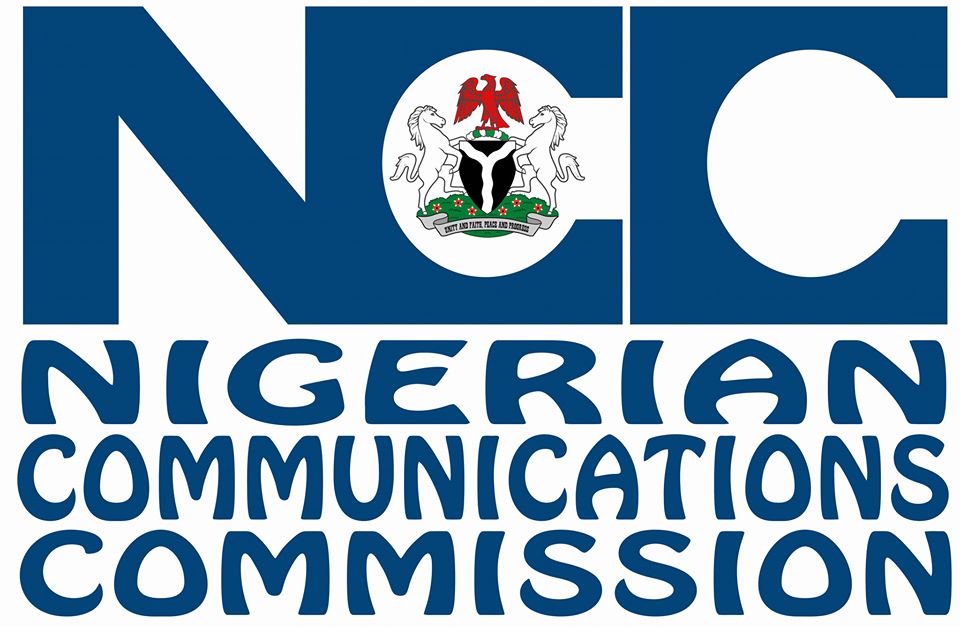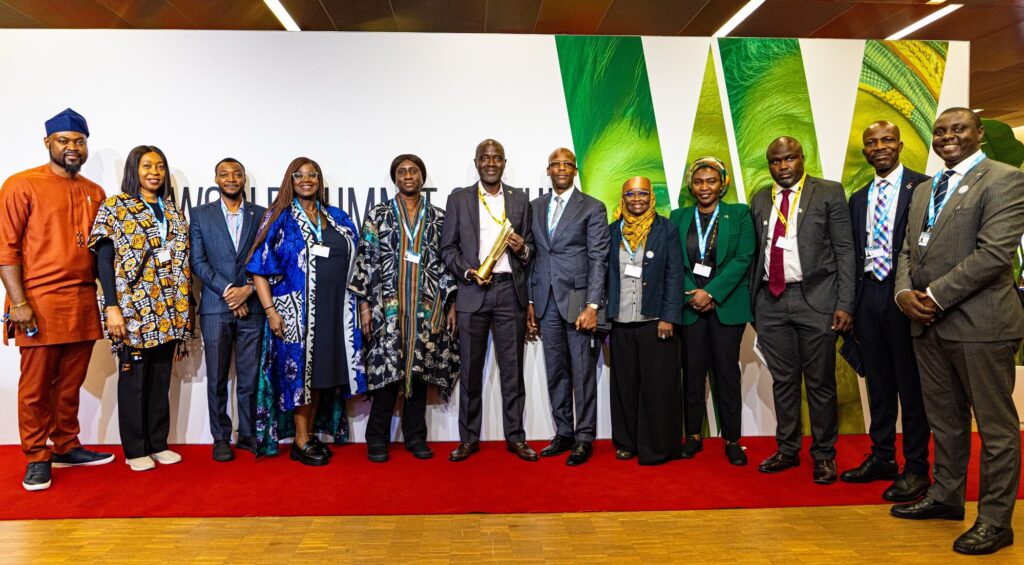In a moment of pride for Nigeria, the Nigerian Communications Commission (NCC) has clinched international acclaim for its efforts to expand digital access in education. The Commission’s long-running Digital Awareness Programme (DAP) emerged victorious at the 2025 World Summit on the Information Society (WSIS), winning the top award in Category C3: Access to Information and Knowledge.
This award is more than a global pat on the back—it’s proof that Nigeria’s commitment to digital inclusion is making a real impact and being recognised at the highest levels.
Table of Contents

NCC: A Local Effort, Now a Global Model
The DAP, which began in 2006, is one of NCC’s flagship initiatives designed to bridge the digital divide in Nigerian schools. It does this by equipping public secondary schools with computers, internet connectivity, and digital infrastructure that enables students and teachers to benefit from modern learning environments.
Since its launch, the programme has reached over 300 schools across the country, spanning Nigeria’s six geopolitical zones. From Lagos to Sokoto, and from Enugu to Bayelsa, the DAP has made it possible for thousands of students in underserved areas to interact with technology, often for the first time.
For many young Nigerians, DAP is more than a government project—it’s their first gateway to the digital world.
International Competition, National Victory
Every year, the WSIS Prizes—hosted in Geneva, Switzerland—honour innovative projects that use information and communication technologies (ICTs) to accelerate sustainable development. In 2025, the competition was fierce, with hundreds of entries submitted globally. Each project went through a rigorous selection and public voting process.
But it was Nigeria’s DAP that captured the global imagination, receiving the highest public vote in its category and ultimately securing the win.
Receiving the prize in Geneva, Dr. Aminu Maida, the Executive Vice Chairman of NCC, called it a proud moment for Nigeria:
“This award is not just recognition for the NCC, but for Nigeria as a whole. It proves that our investments in digital literacy and inclusive education are paying off and being noticed internationally.”

More Than Just One Project
Nigeria didn’t just take home the top prize. The country also had four other digital initiatives nominated in the WSIS “Champions” category:
- Women Techsters (focused on empowering women in tech)
- ADEPTI (Advanced Digital Empowerment Programme for Tertiary Institutions)
- Digital Learning Initiative (promoting e-learning in schools)
- Telecom-Based Research Grant Initiative (supporting academic innovation)
These projects may not have won, but their recognition at a global summit further solidifies Nigeria’s place among nations pushing the boundaries of digital development and education.
Why the DAP Matters
In many rural Nigerian communities, digital access is a luxury. Slow internet, lack of infrastructure, and limited exposure to tech-based learning continue to hinder progress. That’s where the DAP changes the story.
By installing ICT labs, providing training for teachers, and offering digital resources for students, the programme builds long-term capacity—not just access.
Students now learn to code, use productivity software, conduct online research, and explore global ideas without leaving their classrooms. Teachers benefit too, with access to e-learning materials and training that helps them integrate digital tools into everyday lessons.
The effects ripple outward—tech-empowered students eventually feed into the local workforce, boosting digital economies and improving livelihoods.
A Win for Nigeria—and for Africa
In a continent where digital inequality remains a stubborn barrier to development, Nigeria’s WSIS win sends a powerful message: Africa can lead in innovation and inclusion. With smart policy, investment, and focus, the digital divide can be narrowed, and education can be the launchpad.
What makes Nigeria’s approach notable is its focus on scalability. Instead of limiting DAP to a few urban schools, the programme is designed for national reach. As new regions are connected and new technologies added (like virtual science labs or AI-powered learning tools), DAP could become a blueprint for other African nations.
What’s Next for DAP?
According to the NCC, plans are underway to:
- Expand the number of participating schools
- Upgrade the current ICT infrastructure with newer tech
- Deepen teacher capacity with AI-enabled educational tools
- Explore partnerships with edtech startups and private donors
With global validation now secured, scaling DAP will likely attract more stakeholders and funders eager to be part of Nigeria’s growing digital learning story.

Conclusion
The NCC’s victory at WSIS 2025 is about more than winning a global prize—it’s about reaffirming Nigeria’s commitment to leaving no child behind in the digital age. The DAP is showing the world how inclusive, strategic investment in digital access can transform not just classrooms, but the future of an entire nation.
This is more than recognition. It’s a call to action—and Nigeria is answering with ambition, purpose, and pride.
Join our WhatsApp community
Join Our Social Media Channels:
WhatsApp: NaijaEyes
Facebook: NaijaEyes
Twitter: NaijaEyes
Instagram: NaijaEyes
TikTok: NaijaEyes














![Tragic Incident: Fans of Seyi Vibez Die in Fatal Accident After Electrifying Lagos Concert [VIDEO] Seyi Vibez](https://naijaeyesblog.com/wp-content/uploads/2025/08/Seyi-Vibez-180x135.avif)






















